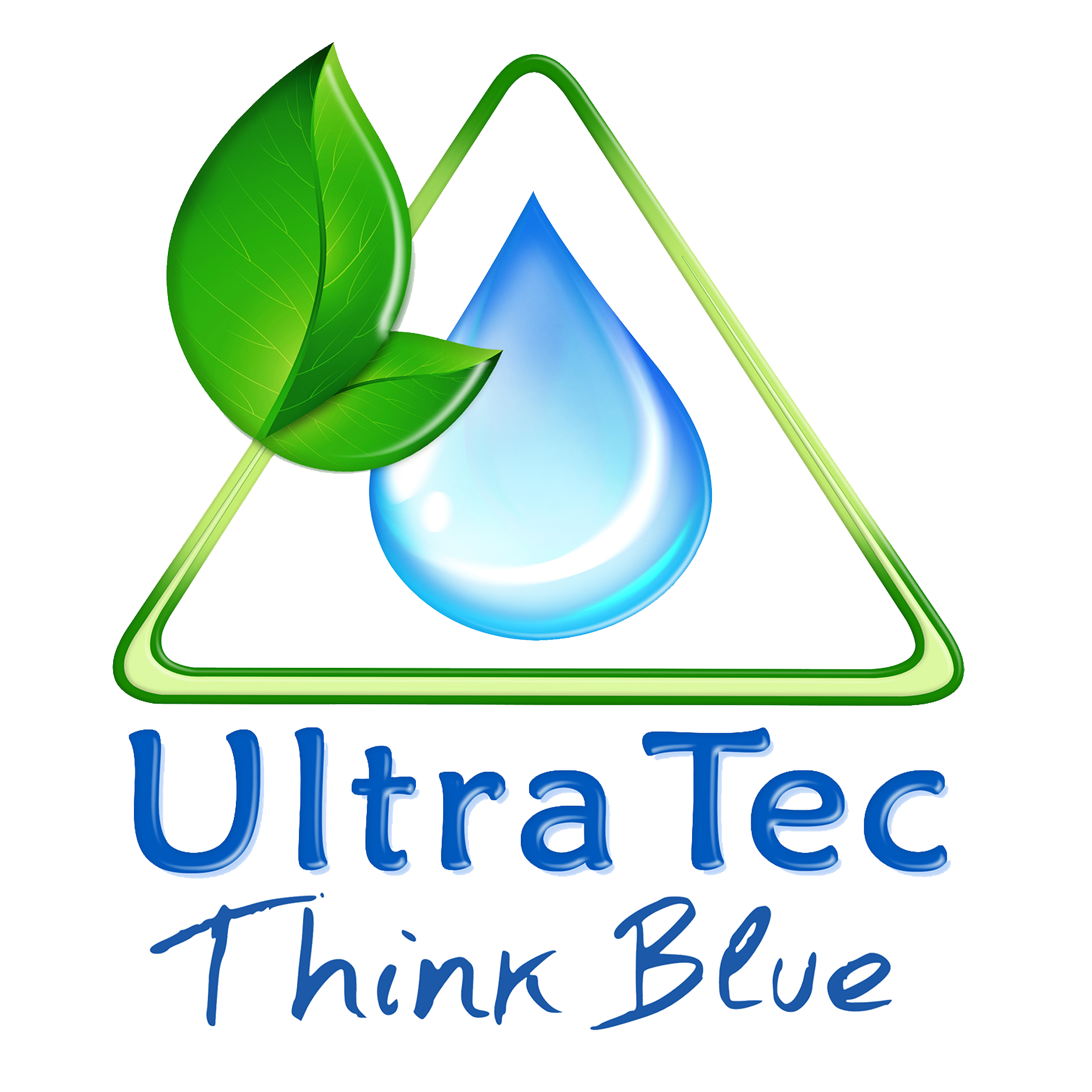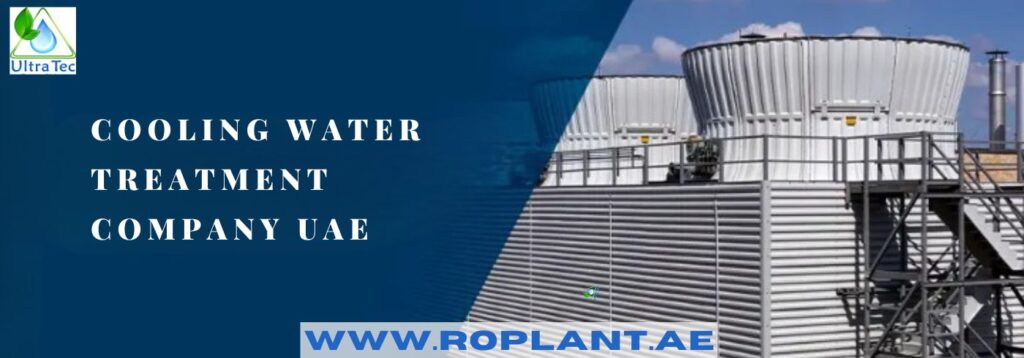Cooling Water Treatment is a vital resource used in various industrial processes, and RO Plant water treatment companies in UAE plays a critical role in maintaining optimal operating conditions for many industries. Cooling systems are widely utilized in power plants, manufacturing facilities, and other industrial settings to regulate the temperature of equipment and machinery. However, untreated cooling water can lead to several issues, including corrosion, scale formation, and the growth of harmful microorganisms. Effective cooling water treatment company UAE is essential to combat these challenges and ensure efficient and safe operations. We will explore the importance of cooling water treatment, its key components, and its benefits to industries.
Introduction
Cooling water treatment is a process to maintain the quality and performance of cooling water systems. Various treatment methods can protect cool water from fouling, scaling, corrosion, and microbial growth. This proactive approach helps ensure the efficient operation of industrial equipment, prevents unexpected breakdowns, and reduces maintenance costs.
Understanding Cooling Water Treatment
Cooling water treatment company UAE involves a series of processes and techniques designed to address the unique challenges associated with cool systems. It typically includes filtration, chemical treatment, pH control, scale and corrosion inhibition, and biological control measures. Each component plays a crucial role in optimizing cool water quality and protecting the integrity of the equipment.
Common Challenges in Cooling Water Treatment Systems
Cooling systems face various challenges due to the nature of the water used and the operational conditions. Some common issues include:
- Scale Formation: Hard water contains dissolved minerals that can precipitate and form scale on heat exchange surfaces, reducing efficiency and restricting flow.
- Corrosion: Uncontrolled corrosion can damage equipment, leak, and cause premature failure.
- Microbial Growth: Cool water provides an ideal environment for the growth of bacteria, algae, and fungi, leading to bio fouling and decreased heat transfer efficiency.
- Fouling: Suspended solids and organic matter in the water can accumulate on heat exchange surfaces, reducing heat transfer efficiency and increasing energy consumption.
Key Components of Cooling Water Treatment
To address the challenges mentioned above, cooling water treatment utilizes several key components:
- Filtration Systems
Filtration is crucial in removing suspended solids, debris, and contaminants from the cooling water. Various filtration technologies, such as sand filters, cartridge filters, and multimedia filters, ensure the water entering the system is clean. - Chemical Additives
Chemical additives control scale formation, corrosion, and microbial growth. These additives may include scale inhibitors, corrosion inhibitors, bio acids, and dispersants. Proper selection and dosage of these chemicals are essential for optimal water quality. - pH Control
Maintaining the correct pH level is crucial for preventing corrosion and scale formation. Acidic or alkaline conditions can accelerate metal corrosion and scaling. In order to control pH, you can dose the appropriate chemicals or adjust the alkalinity and acidity of the system. - Scale and Corrosion Inhibitors
Scale and corrosion inhibitors are chemicals that help prevent scale formation and protect metal surfaces from corrosion. These inhibitors form a protective layer on heat transfer surfaces, reducing the risk of fouling and equipment damage. - Biological Control
Biological control methods involve using herbicides or other treatment techniques to prevent the growth of microorganisms, such as bacteria, algae, and fungi. This helps minimize bio fouling, prevent micro biologically influenced corrosion, and maintain system efficiency. - Monitoring and Maintenance
Regular monitoring and maintenance are crucial aspects of cool water treatment. Regularly measuring water grade parameters, such as pH, conductivity, and microbiological activity, ensures the effectiveness of the treatment program. Moreover, performing routine maintenance tasks, including cleaning, inspection, and equipment calibration, keeps the system in optimal condition.
Benefits of Cooling Water Treatment
Implementing an effective cooling water treatment program offers numerous benefits for industries:
- Enhanced Equipment Efficiency
Proper cooling water treatment company Dubai helps maintain optimal heat transfer efficiency, ensuring equipment operates at peak performance. By minimizing scale formation and fouling, the cooling system can maintain the desired temperature more effectively, resulting in energy savings and improved overall efficiency. - Extended Equipment Lifespan
Corrosion and scale can significantly reduce the lifespan of cool system components. Employing suitable treatment methods minimizes the risk of equipment deterioration and failure due to these issues. This prolongs the life of critical equipment, reducing the need for premature replacements. - Reduced Downtime and Maintenance Costs
Effective cooling water treatment reduces the likelihood of unexpected equipment breakdowns and associated downtime. By preventing fouling, corrosion, and microbiological growth, businesses can reduce maintenance requirements, resulting in lower operational costs and improved productivity. - Environmental Impact
Proper cooling water treatment minimizes the discharge of harmful chemicals and contaminants into the environment. Controlling scale formation and fouling requires less water and energy, resulting in a more sustainable and environmentally friendly operation.
Best Practices for Cooling Water Treatment
To ensure the effectiveness of a cooling water treatment program, it is important to follow the following best practices:
- Regular Water Analysis
Periodic water analysis helps identify changes in water quality and ensures the treatment program is adjusted accordingly. Parameters such as pH, conductivity, alkalinity, hardness, and microbial activity should be monitored consistently. - Proper System Design and Installation
Proper system design and installation are critical for effective cooling water treatment. In order to provide sufficient contact time for treatment chemicals, ensure proper flow distribution, and allow easy access for maintenance, the system needs to be designed. - Monitoring and Testing
Monitoring and testing of water quality parameters should be conducted to assess the treatment program’s effectiveness. This helps promptly identify deviations or issues, allowing corrective measures to be taken. - Routine Maintenance
Routine maintenance tasks, including cleaning filtration systems, equipment inspection, and monitoring instrument calibration, should be performed per the manufacturer’s recommendations. This helps ensure the system operates optimally and prolongs its lifespan.
Conclusion
Cooling Water Treatments plays a vital role in maintaining the efficiency and reliability of industrial cool systems. By addressing common challenges such as scaling, corrosion, and microbial growth, industries can enjoy enhanced equipment performance, extended lifespan, reduced maintenance costs, and a lower environmental impact. Implementing a comprehensive cool water treatment company Dubai program, including filtration, chemical additives, pH control, scale and corrosion inhibitors, biological control, and regular monitoring, is essential for optimal results and long-term success.

